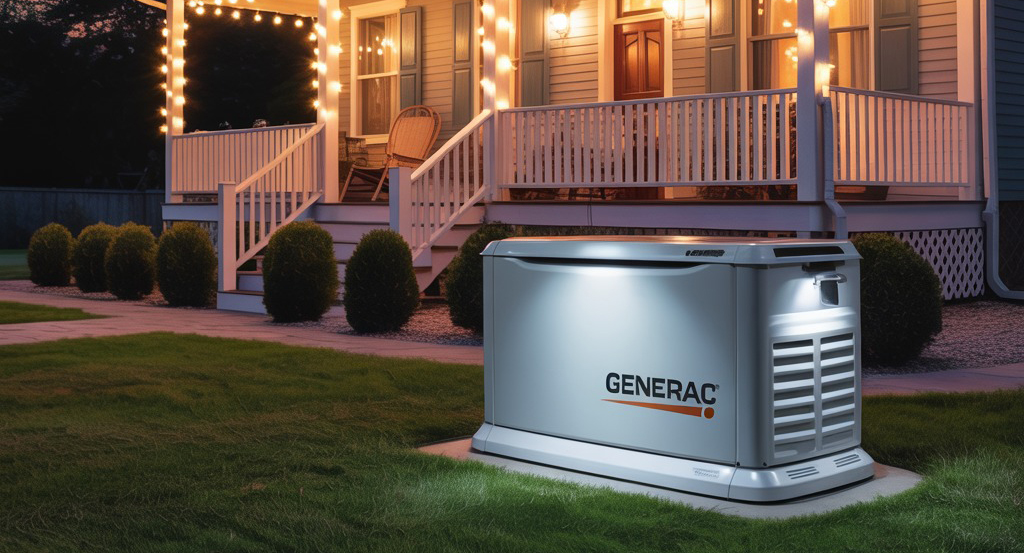Generator Service & Maintenance

Is your generator ready in case of a power outage?
Annual load testing is imperative to confirm your generator is capable of handling the demanded load when necessary, and some insurance companies demand it as part of their policy agreement. Most importantly, though, regularly scheduled maintenance will help to make sure that your generator is ready when it’s called upon. For some applications, such as data centres, blood banks and hospitals, emergency power generators simply cannot afford to fail. That’s why preventative maintenance techniques like load bank testing are vitally important.
In fact, load bank testing is a mandatory requirement for some backup power generation applications. Emergency power generation systems fall under a number of regulatory oversight conditions and code requirements. The National Fire Protection Agency (NFPA) and the National Electric Code (NEC) have drafted rules which pertain directly to the load bank testing of emergency generators.
Why is Generator Load Bank Testing Done?
Your generator set is a valuable resource that provides a dependable emergency power to your business or home when power from the utility grid is suddenly lost, or power is not available in your environment. In the event of a power failure, you want to have peace of mind that your backup power supply will spring into action seamlessly on a moment’s notice. But what happens when the power goes out and your generator fails to function as expected? The result can often be costly and sometimes catastrophic depending upon your application. This is precisely the reason generator load bank testing is an essential piece of a comprehensive preventative generator maintenance plan, which you should ideally have conducted on your gensets each year. Load testing helps to ensure that your generator will be fully dependable and operational, as well as completely capable of the highest possible load it may be required to handle at any critical point in time. Load testing your emergency standby generator system should be part of a standard planned maintenance program for all systems.
Reasons to Test Your Generator
• To make sure the generator will perform as designed, when it is needed most. • Monitoring the exercise period to ensure the generator starts and runs as programmed is also important, but does not ensure the generator will operate as designed. • As the generator ages, the possibility of weaknesses in the system will rise. A good planned maintenance program that includes load testing is the best way to spot and minimize potential weaknesses in a generator system. • Many systems are not loaded appropriately to eliminate wet-stacking. If a diesel system hasn’t been load tested in over a year, longer testing may be required. This annual testing will reduce the impact wet-stacking will have on a generator system.
A good planned maintenance program that includes regular load testing should be a standard component of a generator system. The regular testing of the system will provide the highest comfort level that when the system is required, it will operate as designed.
